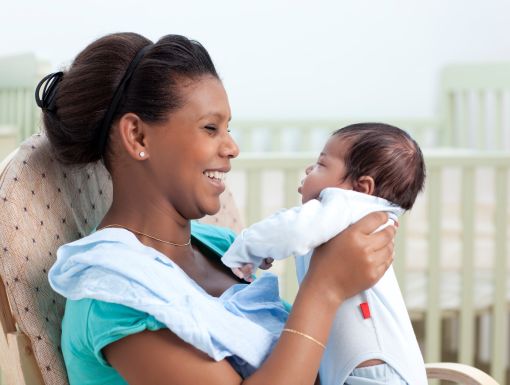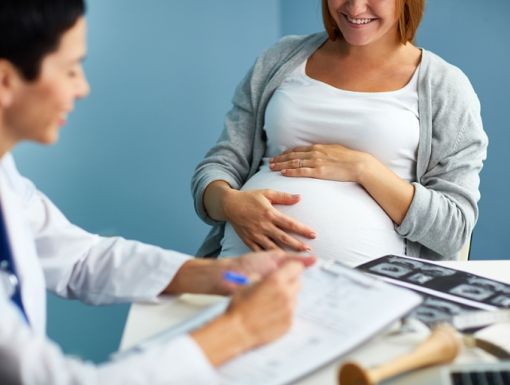
Could You Have Postpartum Depression?
It’s normal to experience a wide range of emotions after giving birth, thanks to fluctuating hormones. But could it be something more serious? Here are the top four signs to watch for.
Becoming a new mom is special, but it can be stressful, too. If you’ve found yourself feeling sad, lonely or tired shortly after giving birth, you’re not alone. In fact, it’s very common for new mothers to experience these so-called “baby blues.”
Experiencing PPD Symptoms?
If you’ve noticed these symptoms consistently for more than two weeks, it’s time to seek help from your doctor. Schedule your appointment online now.
But roughly 1 in 7 women experience a more serious mood disorder called postpartum depression (PPD). PPD can begin shortly before or any time after childbirth, but usually shows up between a week and a month after delivery.
It’s not totally clear what causes PPD. But after childbirth, the levels of estrogen and progesterone hormones in your body quickly drop. This can cause chemical changes in your brain, which can trigger mood swings, poor sleep habits and symptoms of PPD.
Women with PPD report extreme feelings of worthlessness, fatigue and anxiety. Caring for yourself and your family might feel impossible. You may even have little interest in your baby. You may have PPD if you experience:
A loss of interest and concentration. Are you feeling withdrawn, unconnected or unusually lethargic? Ask your doctor if you have PPD. Also consider whether you’ve lost interest in activities you used to enjoy, or if you’re having problems completing tasks at work or at home.
Negative feelings toward baby. It’s common for women with PPD to have little interest in their babies, have trouble bonding or even think about harming their newborns. Tell your doctor about these feelings right away.
“Baby blues” that won’t go away. Extreme feelings of irritability, exhaustion, anger, worthlessness, guilt or sadness can signal PPD. These excessive feelings might make it difficult to care for yourself or your family.
Severe anxiety. If you feel extremely anxious about most things or find yourself worrying intensely about your baby, you could have PPD.



